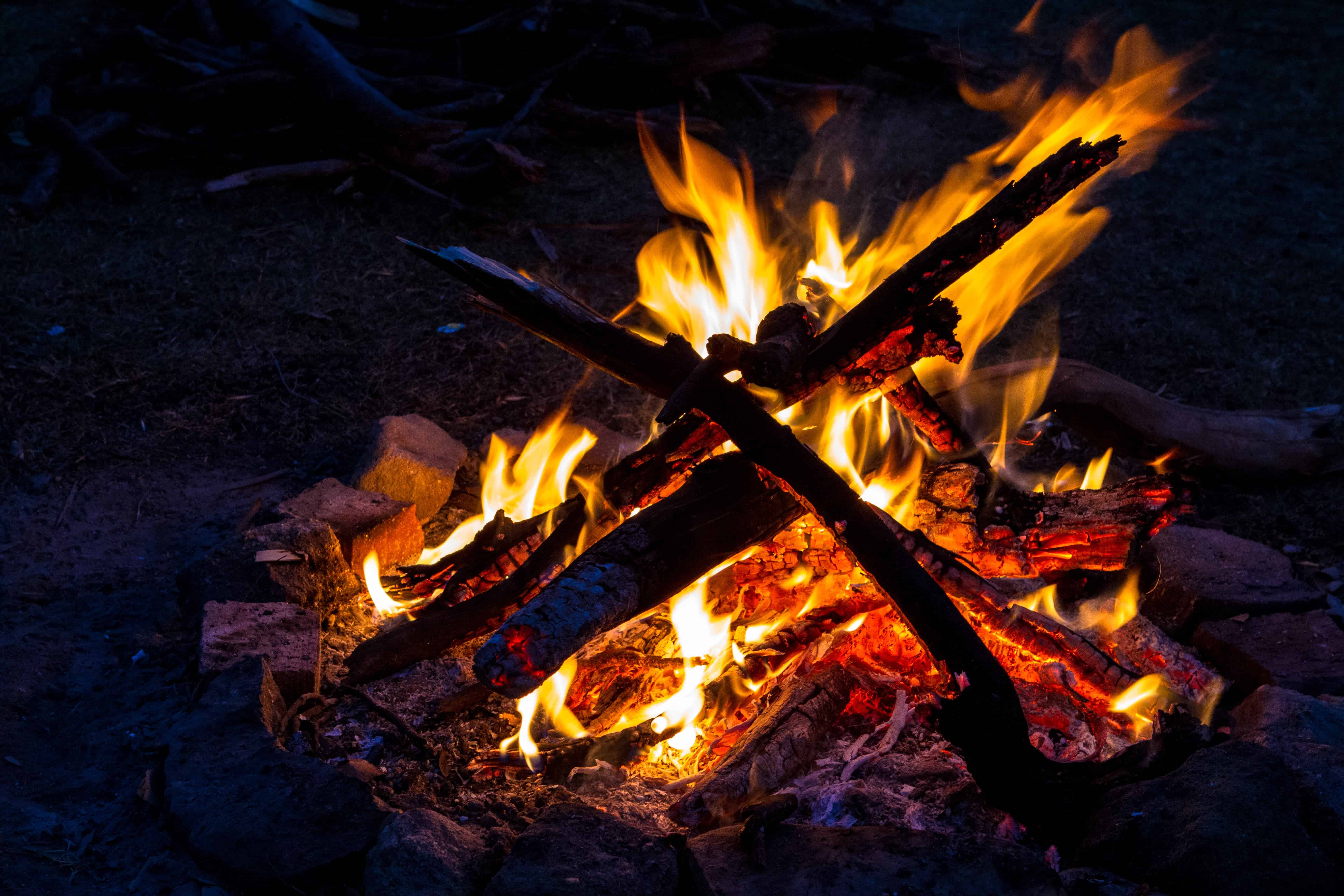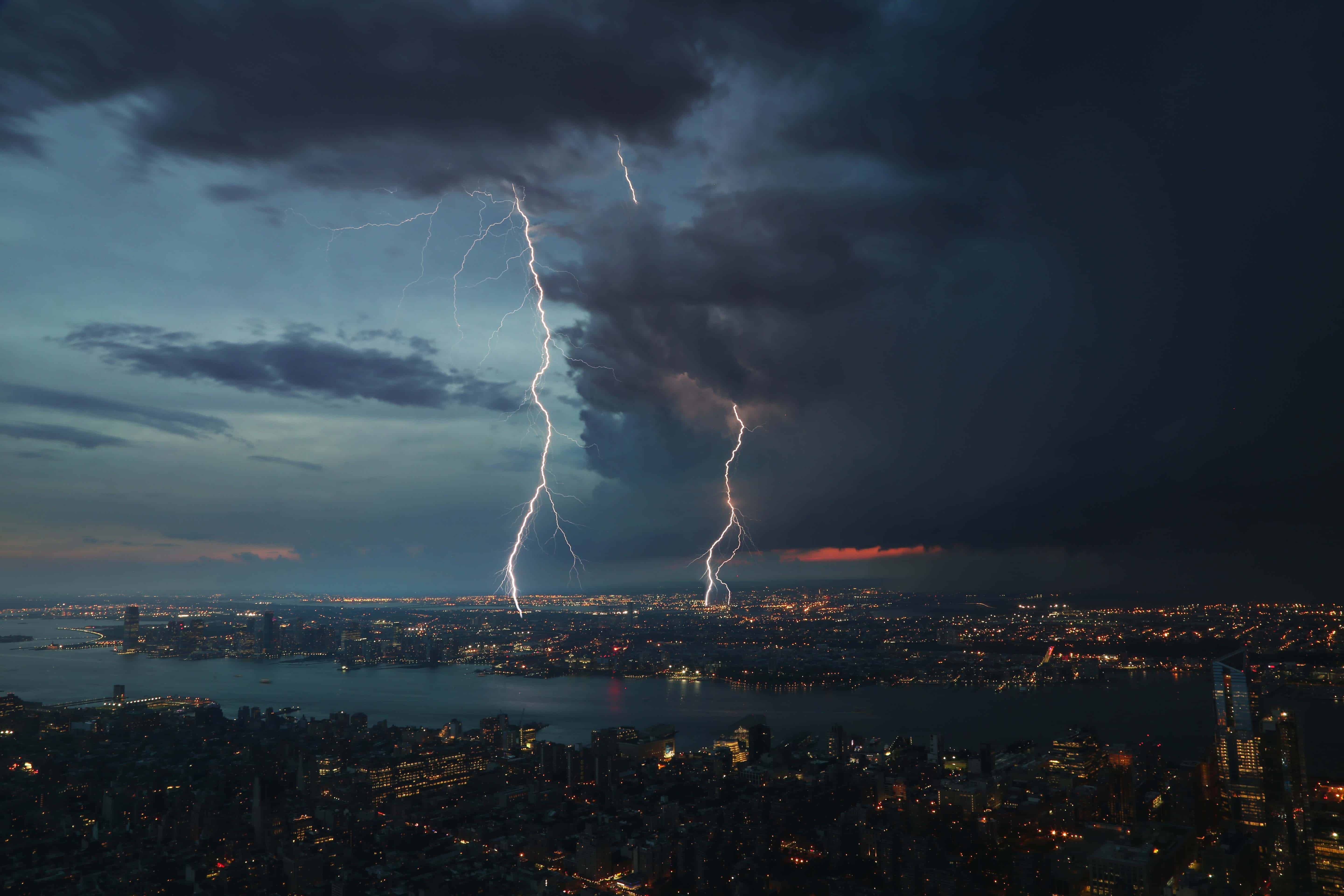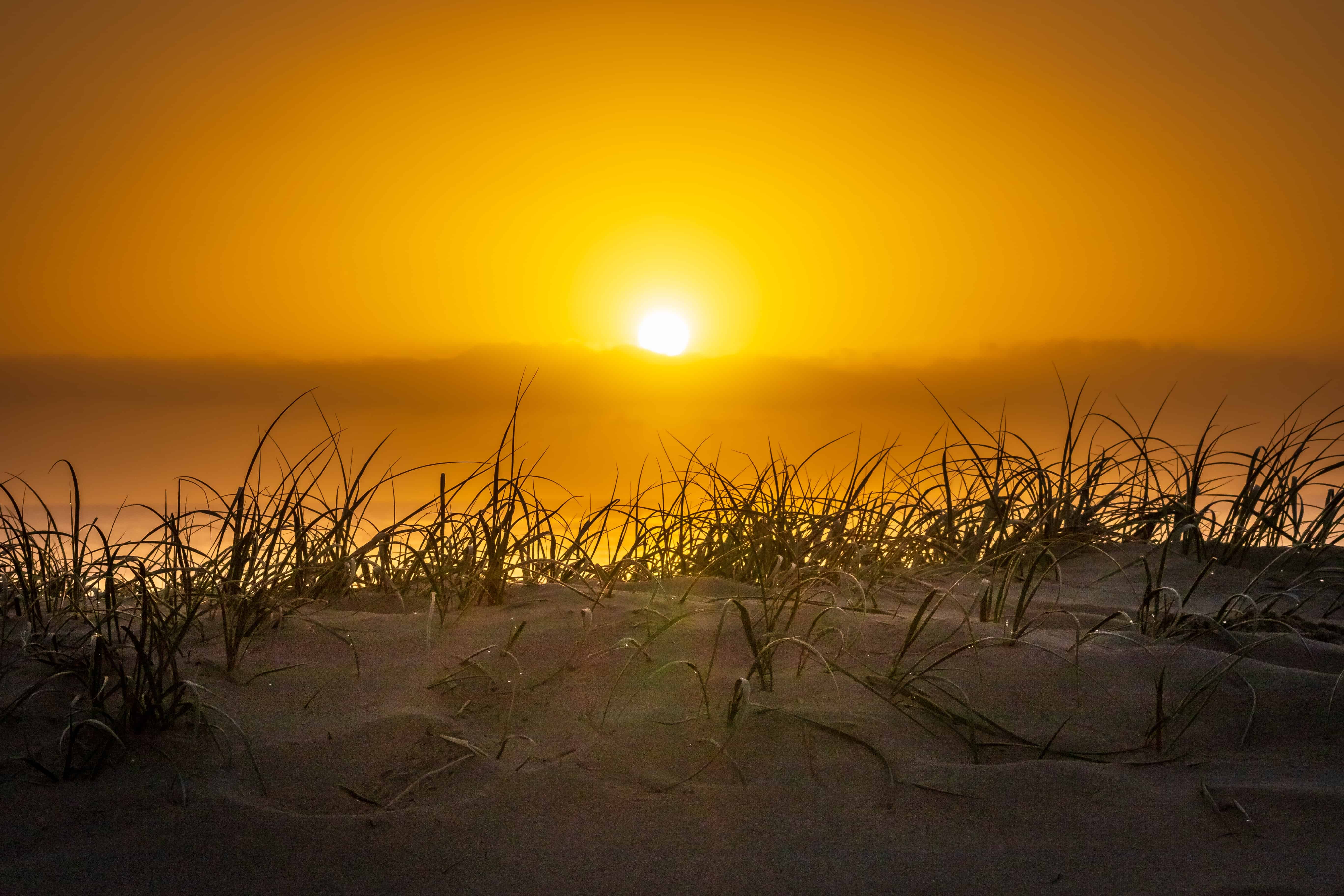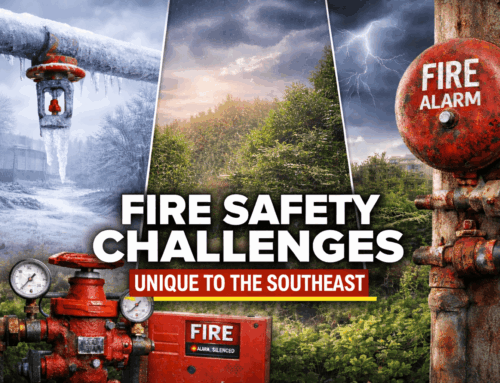According to a report from the United States Fire Administration, summer is one of the most dangerous seasons for fire-related injuries and deaths. We may associate fire dangers with the winter months when heaters are running and fires in the fireplace are roaring, but it’s true: summer is full of fire hazards!
You can still enjoy the fun that summer brings. Just stay fire aware and check out these summer fire safety tips for staying safe during all of the summer fun this season has to offer.
Camp fires

Know how to put out a fire before starting a fire. The safest way to extinguish a fire is to douse it with water, burry the smoldering fire with ash and dirt/sand, and douse with water again. Make sure you bring the necessary tools (i.e. shovel, bucket for water) to the campsite and have these tools near the fire before igniting. You never know when an emergency may occur requiring quick action.
Prepare your area: Make sure you choose a safe location before starting a fire. This location should be away from grassy areas, overhanging trees/branches, and any other dry vegetation that could easily catch fire. It should also be at least 25 feet from any structure. Dig a pit about a foot deep and surround the hole with rocks and get your fire started.
Build your campfire: Gather cut/whole branches that are already dead as live materials won’t burn. Choose small twigs/dry grass and leaves as tinder; choose small sticks for kindling; and choose larger pieces of wood for fuel. Pile the tinder in the center of the fire pit (there are several methods) and ignite the tinder with a match or lighter. Never use gasoline to start a campfire.
Stay close: Never leave a campfire lit with no one to attend to it. This means that you should never walk away from the fire and never go to sleep with the fire still going (even smoldering!). Consider designating a person to be in charge of the fire and take turns ensuring the fire is always attended to.
Grilling dangers

July is the peak month for grilling fires. There are several types of grills, but no matter the grill type, it’s important to maintain a three-foot “safety zone” around your grill away from objects and other people. And just as with campfires, never leave a grill unattended and be ready to put out the fire in the event of a fire emergency.
Gas: If this is the first time you’re lighting up the grill this year, check for gas leaks. To check the gas tank hose for leaks, apply a light soap and water solution to the hose. A propane leak will release bubbles. Do not use if you smell gas or see bubbles from the bubble test. Always keep the grill lid open when lighting, and never lean over the grill when igniting.
Charcoal: Charcoal produces carbon monoxide when burned. To reduce CO poisoning, never burn charcoal inside and never store the grill indoors with freshly used coals. Never use gasoline or kerosene as a starter. Keep vents open while cooking. Allow coals to burn out completely and let ashes cool at least 48 hours before disposing in a non-combustible container.
Electric: Never operate an electric grill in the rain. And never submerge any parts of the grill in water. Keep the grill unplugged when not in use or when cleaning the grill. To prevent risk of shock, electric grills should be connected to a GFI outlet.
Naturally occurring fires

Did you know that lightning strikes are highest in the summer? When you consider this fact coupled with the drier conditions and high temperatures of the summer months, you have a dangerous recipe for fire. According to the NFPA, lightning is a major factor in wild land fires. In fact, the average number of acres burned per fire is much higher in lightning fires than in fires caused by humans.
Lightning strikes can also cause house and structure fires. Homeowners can prevent fire caused by lightning strikes by maintaining your lawn, bushes, and trees. Cut them low. Keeping gutters cleaned out will also reduce the risk of debris catching fire. And be sure that you stay indoors during a lightning storm.
Know before you go

Be prepared for the unexpected. It may take a little more time to have the necessary tools and skills but it’s worth it!
Before going off on your camping trip or lighting up the grill at your next backyard BBQ, take a few steps to be fire smart. Educate your family on the dangers of fire and take action to be prepared.
Some ways to be prepared for fire this summer:
- Teach kids “stop, drop, and roll” (even adults may benefit from this reminder)
- Always carry a portable fire extinguisher in your vehicle if going camping
- Keep a portable fire extinguisher in your kitchen or easily accessible to you while grilling
- Have an evacuation plan for house fires
- Check for burn restrictions before lighting up a campfire
- Have a valid escape plan when camping, which may include getting information from the campground you’re staying
- Always have necessary tools to extinguish a camp fire before you start the fire (bucket for water, hose, sand/dirt, shovel, etc.)
- Watch the weather! Summer storms pop up fast
Fire Systems, Inc.
If you’re a decision maker for your business, the fire protection company you choose is critical. The summer months can mean a heightened risk for fire from lightning storms.
Fire Systems, Inc. is one of the only Atlanta-based fire protection companies to offer both fire alarm monitoring in addition to fire alarm inspection, installation, and repair.
Using Fire Systems, Inc. to monitor and inspect your systems creates a seamless transition in communication. Our monitoring rates are very competitive, and migration is quick and easy.
Call us today at 770-333-7979 or visit our website for more information.







